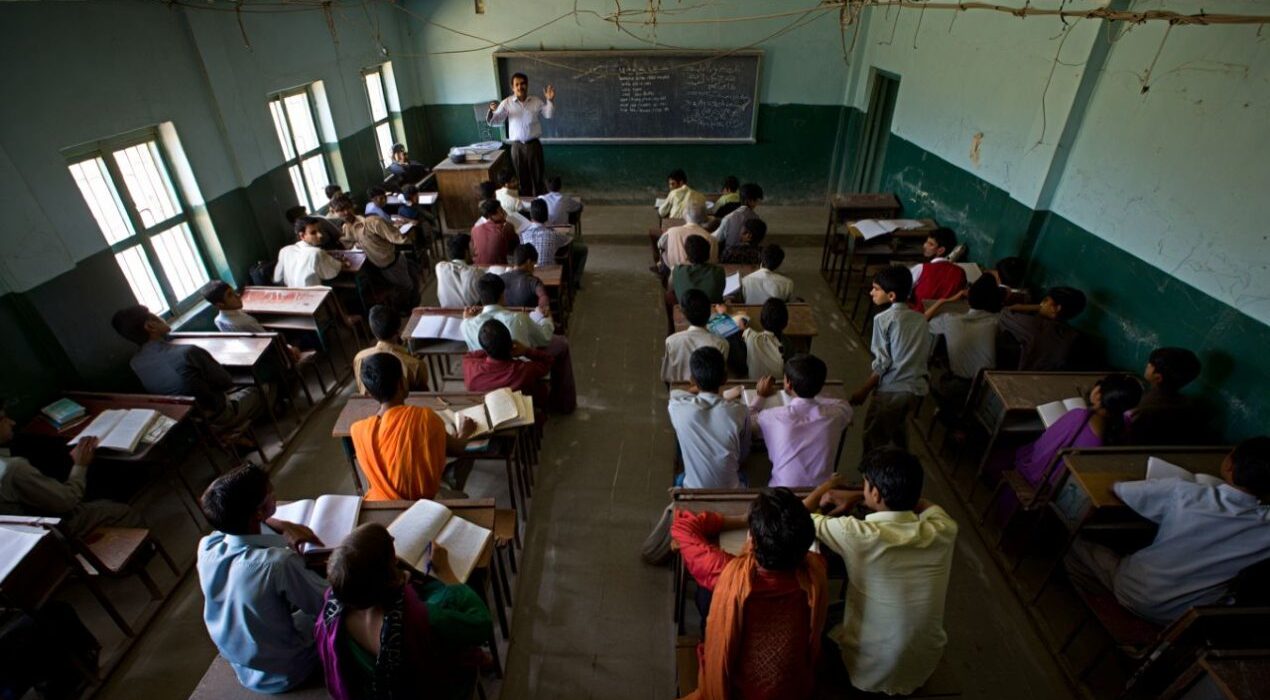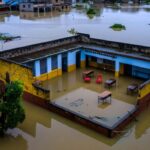Although many colleges in Pakistan have recently been granted university status, only a small number offer truly high-quality undergraduate education. Public and private sector institutions combined provide around 20,000 quality seats annually—leaving the majority of students in institutions where educational standards remain low.
This year, several universities struggled to attract applicants. The most reputable institutions saw record applications, while those offering little value for students’ futures found it hard to fill seats—a trend likely to worsen if quality concerns remain unaddressed.
Undergraduate education plays a pivotal role in shaping young adults aged 18 to 22. This is the period when individuals begin to explore their identity, worldview, and sense of citizenship. It is a critical time for intellectual and personal development.
In the U.S., nearly half of all 18-year-olds enter college. In contrast, Pakistan sees only 7–8% of the age cohort pursue higher education. This gap has significant implications for human capital development and economic growth. As the article argues, “we will not be able to address human capital issues in Pakistan… unless we are able to focus on providing better quality undergraduate education.”
True undergraduate education should teach students “how to learn.” While subject-specific skills are necessary, equally important are critical thinking, communication, argumentation, and self-reflection. These skills help build confidence—essential for success in any field.
Unfortunately, most Pakistani universities fall short. Many lack writing centres, mentoring programs, or co-curricular activities. “Too many of our university managers/ administrators, and too many of our university faculty, feel that imparting subject-specific knowledge is what undergraduate education is about,” the author laments. This limited approach fails to support students from disadvantaged backgrounds who rely on institutions to fill those developmental gaps.
Why Pakistan’s Undergraduate Education Crisis Is Failing Its Youth






